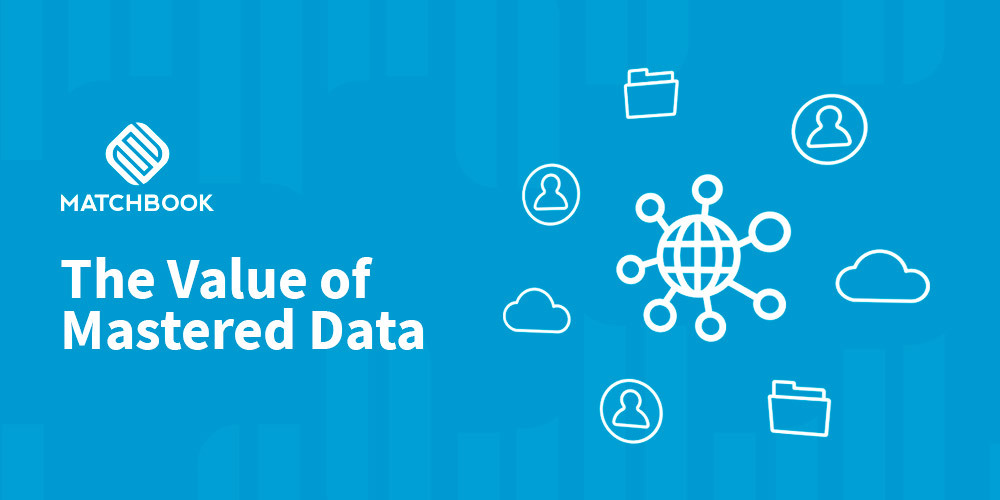A golden record – aka Customer, Vendor, Prospect – holds tremendous promise to enterprises of all sizes. Companies are increasingly spending more and more dollars every year towards achieving this goal. Why is this so important to companies? Let us dig into some common threads I have heard during my journey of building Matchbook.
Duplicative Sales Efforts – This is a common theme across sales professionals in most organizations. Aside from wasted time and effort expended by multiple resources within a company chasing the same lead, it can also create some reputational risks or result in lost opportunities. It stems from the most basic ability to recognize duplicate accounts within a single CRM or across multiple CRM systems within a single organization. Multiple CRM systems are far more common in medium and large organizations as they grow through mergers, acquisitions or occasionally through international expansion. Duplication also occurs when different salespeople are communicating with individual branches or subsidiaries of the same corporation without realizing the relationship or overlap.
Incorrect Account Targeting – Bad or incomplete data about current customers leads to a lack of understanding of buying behaviors by customer type, sector, size, and other factors that may influence the market of your product or solution. This leads to wasteful prospecting.
Diminished Negotiating Power – Lack of a 360o view of a vendor relationship across multiple ERP systems can often lead to diminished negotiation leverage at a division level.
Supply Chain Risk – Lack of understanding of vendors and relationships can lead to disruption in supply chain due to lack of diversification. For example, two of your critical materials suppliers could be different storefronts of the same business entity, or a supplier could be undergoing significant financial stress that could result in a bankruptcy or closure.
Business Compliance Risks – Knowing your customers and suppliers is critical to doing business. This not only means the simple vetting of a viable business entity, but also includes ensuring that the customer or supplier is not a risky entity on a “government prohibited to do business with” list such as Office of Foreign Assets Control (OFAC). Business compliance risks require ongoing monitoring of your customers and vendors to ensure consistent compliance.
Mastered data can not only provide you a good overview of your customers and vendors, but also inform you of the inter-relationships between the different entities that you are doing business with. Further, a good MDM implementation will also ensure that data about these entities is always current, with the appropriate mechanisms to provide notifications of material changes that could highlight potential risks.
Matchbook supports data mastering efforts for customers such as Johnson & Johnson, United Technology, Travelers Insurance, and others, ensuring actionable and current data for risk mitigation and compliance. Ask us about a better approach to reduce your risks.


